SUMMARY
This is AI generated summarization, which may have errors. For context, always refer to the full article.
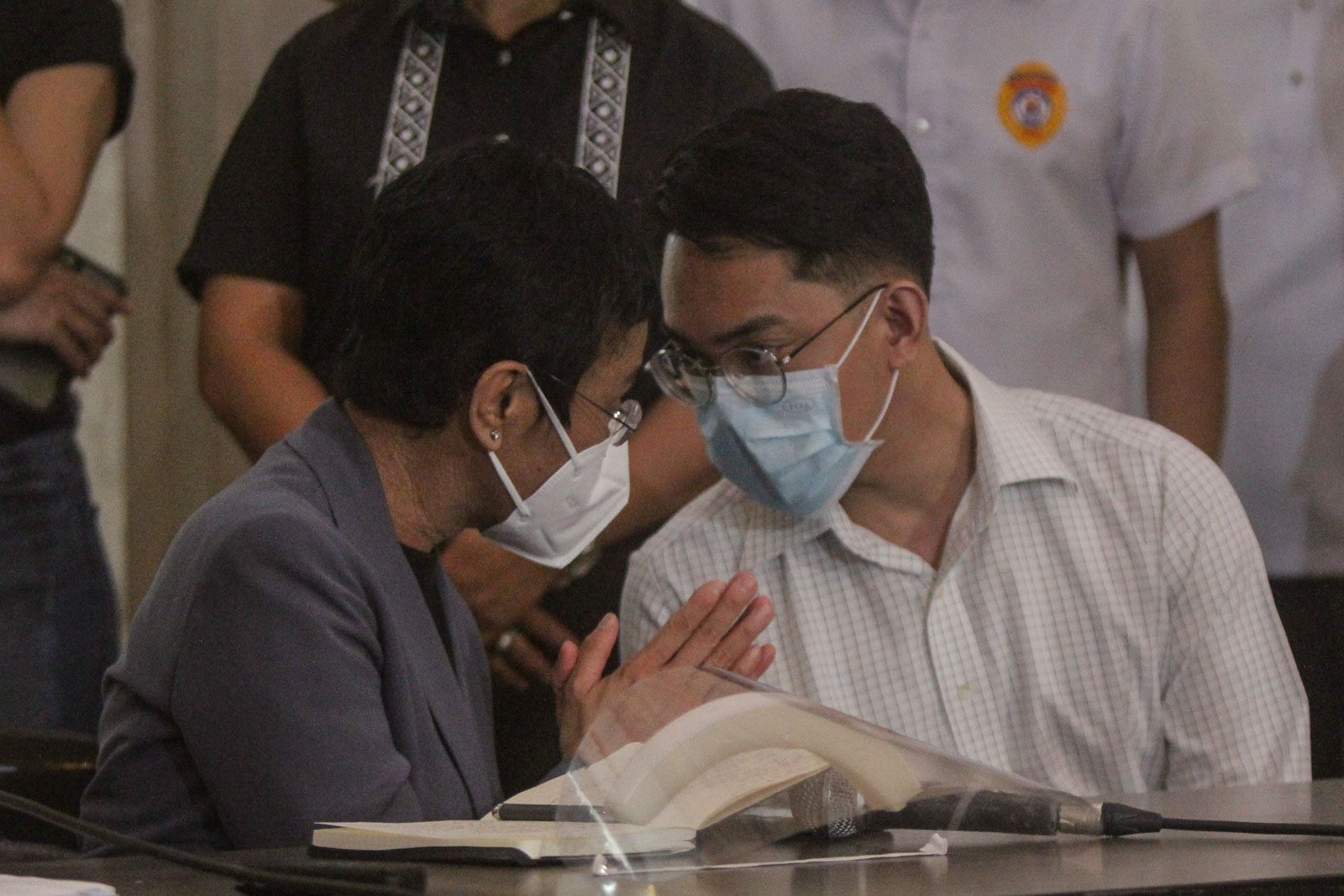

MANILA, Philippines – The Philippine Court of Appeals (CA) affirmed the cyber libel conviction of Rappler CEO and Nobel Peace Prize winner Maria Ressa, and former Rappler researcher-writer Reynaldo Santos Jr., adding eight months to the prison sentence initially imposed by a lower court in Manila.
“The appeal is denied. The decision of the Manila Regional Trial Court Branch 46 finding accused Reynaldo Santos Jr. and Maria Ressa guilty beyond reasonable doubt of violation of Section 4(c)4 of Republic Act 10175 otherwise known as the Cybercrime Prevention Act of 2012 is affirmed with modification insofar as accused are sentenced to suffer the indeterminate penalty of imprisonment ranging from six months and one day as minimum to six years and eight months and twenty days as maximum,” said the decision by the Court of Appeals Fourth Division.
The CA ruling was signed by Associate Justices Roberto Quiroz, Ramon Bato, and Germano Francisco Legaspi. It is a different set of justices than the ones who handled the appeal earlier on and who had previously granted Ressa’s travel authorities.
The CA justices also imposed a longer prison sentence than what the Manila court imposed in June 2020 which was six months and one day as minimum to six years as maximum. This set of CA justices added eight months and 20 days to the maximum imprisonment penalty. The fines totaling P400,000 for moral and exemplary damages were retained.
“Both [Ressa and Santos] will avail of all legal remedies available to them, including elevating the decision to the Supreme Court for review,” said Rappler in a statement Friday, July 8.
Constitutionality of cyber libel
The Manila court’s ruling, which the CA affirmed, interpreted the young cyber libel law as having a 12-year prescription period as opposed to having only a one-year prescription period as stated in the revised penal code. The 12-year period, which means you can be sued even after 12 years of publication, was a gray area in the highly-contested law, but was interpreted by the justice department using a pre-war statute to be able to prosecute Ressa and Santos.
The Manila court also ruled that republication is a separate offense. Rappler’s story in question, an investigative story about the use of one of complainant Wilfredo Keng’s vehicles by the late chief justice Renato Corona, was published in 2012 but months before the cybercrime law was even enacted. But a correction of a typographical error made two years later was considered a separate offense by the court. It was regarded as a republication of the story and legal experts have questioned the constitutionality of the ruling on these grounds.
Rappler said: “While the decision is unfortunate, it is also a good opportunity for the Supreme Court to take a second look at the constitutionality of cyber libel and the continuing criminalization of libel, especially in light of the freedom of expression and freedom of the press.”
Ressa won the Nobel Peace Prize in December 2021. Santos has pursued a career outside of journalism since 2016, and had told Rappler after their trial court conviction in June 2020: “I’m scared to go to jail, I’m not as fearless as Maria.”
Because cyber libel is bailable, neither has to go to jail while they exhaust their remedies up to the Supreme Court.
The Supreme Court, in at least two separate decisions against broadcaster and now Senator Raffy Tulfo, has shown an inclination to decriminalize libel. In 2019, it affirmed the conviction against Tulfo but removed the prison sentence. In 2021, it acquitted Tulfo and said “the constitutionality of criminalizing libel is doubtful.”
Cases against Rappler
Rappler received last week the decision by the Securities and Exchange Commission (SEC) revoking its license and ordering its closure. Rappler’s legal counsel Francis Lim, former president of the Philippine Stock Exchange, said the order is appealable to the courts and the news organization can go on business as usual.
The SEC order stems from the Philippine Depositary Receipts (PDR) issue which has spurred five tax charges against Ressa and several board members. Two separate but related cases for violation of the anti-dummy and securities law have been remanded to prosecutors. Three other libel cases have now been junked.
“We call on our media colleagues, our community, and other advocates of a free and independent press to be vocal and vigilant now more than ever. This is not just about Maria Ressa, Rey Santos Jr., or Rappler. What is ultimately at stake is our democracy whose strength rests on a media that is not threatened by the state nor intimidated by forces out to silence critical voices,” said Rappler.
– Rappler.com
Add a comment
How does this make you feel?






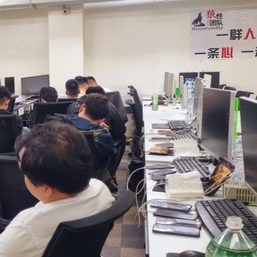
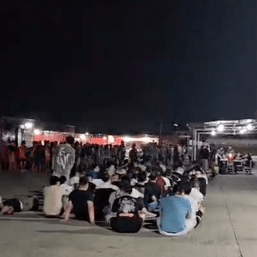
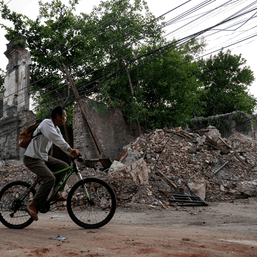
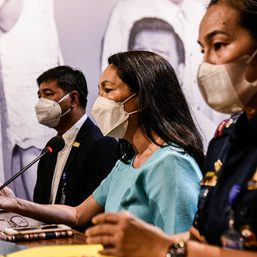





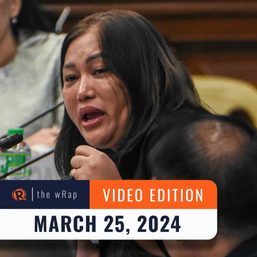


![[OPINION] De-weaponizing tax laws: Upholding press freedom and economic growth](https://www.rappler.com/tachyon/2023/10/tl-upholding-press-freedom-economic-growth.jpg?resize=257%2C257&crop_strategy=attention)
There are no comments yet. Add your comment to start the conversation.